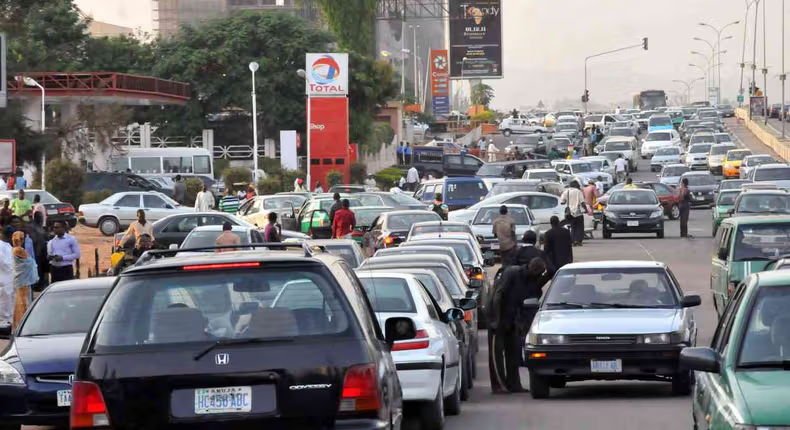Development economist Mohammed Nezifi has cautioned that the recent increase in petrol prices could lead to significant economic pressures on the government, including demands for higher wages. In an interview with the News Agency of Nigeria (NAN) on Friday in Abuja, Nezifi highlighted that the government may face calls for wage increases or subsidies, which could exacerbate fiscal deficits and public debt.
On September 3, the Nigeria National Petroleum Company Limited (NNPCL) Retail Management approved a new petrol pump price of ₦897 per litre, up from ₦568-₦617 per litre. Nezifi pointed out that this price hike disproportionately impacts lower-income households, who allocate a larger portion of their income to essentials like transportation and food. This could lead to increased poverty rates and a widening income gap.
Nezifi also warned that the economic strain could trigger social unrest, including protests or strikes, potentially destabilizing economic activities and governance.
In response, economic expert David Ambi suggested that the government should foster a more competitive market environment to mitigate these risks. He proposed reintroducing targeted subsidies or social safety nets and aligning economic policies to promote market efficiency and consumer protection. Ambi believes these measures could stabilize the economy and enhance living standards for citizens.

